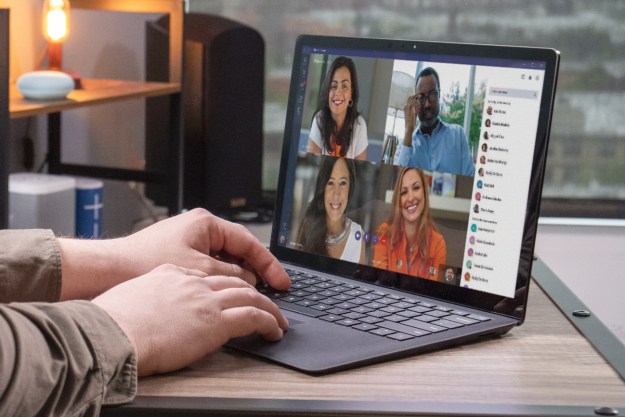I am sitting here typing this editorial in Word 2002. I have Winamp running in the background streaming my Internet music as I type away and Outlook running in the background checking for e-mailevery minute. Occasionally I receive a message from one of my friends through ICQ, MSN Messenger or AIM.Am I worried about my computer crashing? Not a chance; I am running Windows XP Professional.Windows XP is the most stable version of Windows to date.
That?s the problem, ?to date…? What does this mean? A year ago I was running Windows Millennium Edition, and a year before that Windows 98 SE (second edition). The truth of the matter is that whileeach version of Windows is more stable, we have nothing to compare it to except the previous version of Windows. There is no other consumer operating system other than Windows. Sure, some form ofLinux would be a possibility, but just how many home users know how to use Linux, let alone support it. We are being taken advantage of; we know it and we support it. That?s right; I said we ?supportit?.
Would you ever support a single monopolistic bank that charged you high rates, randomly closed-up, was unreliable and randomly ?lost? your money? Of course not, it?s your money we are talking about.You just got ?Sucker Punched?, hit where it hurts and when you weren?t looking. Well guess what? Microsoft threw the blow at you.
For years we have been using software on our home machines that randomly crash, freeze, lose your documents, has security holes and leaves you frustrated with no clue as to how to prevent theproblems you were having. Then the ?next generation? OS comes out from Microsoft
This new version of Windows comes out promising increased reliability and usability. It seemed more stable, would only freeze up and crash occasionally instead of frequently and automatically?recovered? my documents in case the whole system crashed while you were typing. A year would pass and then again a new version of Microsoft?s operating system would come out, and once againpromising more stability and better usability. So without thinking, we head to the store to buy this new ?upgrade?, spending our hard earned money. We notice that while the new operating system ismore stable, your computer seems to be running slower, often taking longer to close programs and open new ones. So you spend more money and buy new memory for your system hoping to speed back up tonormal speed.
Each year you have been upgrading an incomplete operating system, old code that has been reworked and candied up so it looks and performs just a little better with each new release. Do you reallyneed an upgraded operating system? Probably not. Would you enjoy your computer a little more with an upgraded operating system? Maybe. Is it worth upgrading to a new operating system that fixes themajor bugs and issues of the previous version? Absolutely. The sad part of this all is that most versions of Windows do NOT have major overhauls over the previous versions, just minor bug fixes andfeatures.
The bottom line is that until there is an easy to use alternative to Microsoft Windows, we will continue to spend more money upgrading our software and hardware in the hopes of creating a more stablecomputer. My goal is to have a computer that can run 20 programs at one time, fast and stable. Windows XP is one step closer to achieving this goal for me. I think most consumers will be glad thatWindows XP comes with a media player, video maker, CD burning and web browser integrated. This helps to create a more intuitive and stable system to the average home user. Although this is not fairto other software companies, most people don’t care as long as their home computer runs better and is easier to use.
Microsoft needs to be careful as to not bite the hand that feeds them. People will eventually get tired of system upgrades and will either hold on to their current version or look for an alternativeoperating system that promises stability and reliability without an operating system upgrade every year. As for now, roll with the punches until there is a viable OS contender.
Editors' Recommendations
- How to alphabetize lists in Microsoft Word
- How to delete or hide chats in Microsoft Teams
- Microsoft Word free trial: Get a month of service for free
- Even the new mid-tier Snapdragon X Plus beats Apple’s M3
- How to double space in Microsoft Word


